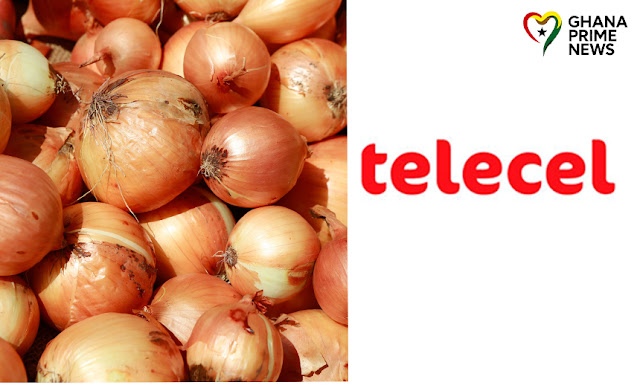In a significant legal development, Telecel Ghana has publicly acknowledged a GH¢2 million lawsuit filed against the company by Madam Faustina Djagbele Abbey, a vendor at the Makola Market. The dispute revolves around the alleged unauthorized use of Madam Abbey's photograph in a promotional campaign for Telecel’s 'Telecel Red Save' product. This case, straddling issues of privacy and image rights, is becoming a focal point in ongoing discussions about individual rights in advertising and data protection.
On Thursday, June 19, Telecel Ghana, operated by Ghana Telecommunications Company Limited, issued a press release confirming that it is currently evaluating the legal claim. The company stated that it was aware of media coverage related to the lawsuit and underscored its dedication to upholding ethical practices in all its operational aspects.
“We wish to assure the public that we take matters of privacy, imagery consent, and intellectual property seriously,” the press statement read. The assertion reflects Telecel’s commitment to maintaining transparency and accountability, particularly in light of rising concerns regarding data protection in both national and global contexts.
The lawsuit, initiated by Madam Abbey on May 23, 2025, was filed through her attorney, Bernard Owiredu Donkor of Thompson Law Consult. In her claim, Madam Abbey contends that her image was utilized across various platforms—including social media—without her knowledge or consent to promote Telecel’s digital savings product. She argues that this action not only breached her privacy but also infringed upon her rights regarding the unauthorized use of her image.
The legal action has broader implications, shedding light on the vital need for corporations to seek explicit consent before using personal likenesses in their advertising campaigns. Madam Abbey's statement of claim outlines how the widespread nature of the advertisement has led to misunderstandings among her family and customers, with many under the impression that she had come into considerable wealth. This misconception has reportedly strained her personal relationships and negatively impacted her mental well-being.
Madam Abbey's case highlights a crucial conversation about protecting individuals’ rights in a digital age where images can be rapidly and extensively shared. As Telecel Ghana navigates this legal landscape, the importance of obtaining explicit consent from individuals whose images are used in marketing campaigns cannot be overstated, especially for a major corporation that caters to millions of subscribers across the country.
You May Also Like
President mahama advocates new petroleum levy as "Difficult but necessary" measure
Upper east region: 21 pregnant candidates and 17 nursing mothers to write the 2025 bece
Private hospitals struggle as grnma strike leads to patient overflow
In conclusion, Telecel’s response to this legal claim will not only determine the outcome for Madam Abbey but may also set a precedent for how companies approach consumer rights and personal privacy in advertising moving forward. The telecommunications giant has appealed for patience from the public as it resolves the matter, emphasizing its commitment to ethical standards and practices in business operations.




Post a Comment